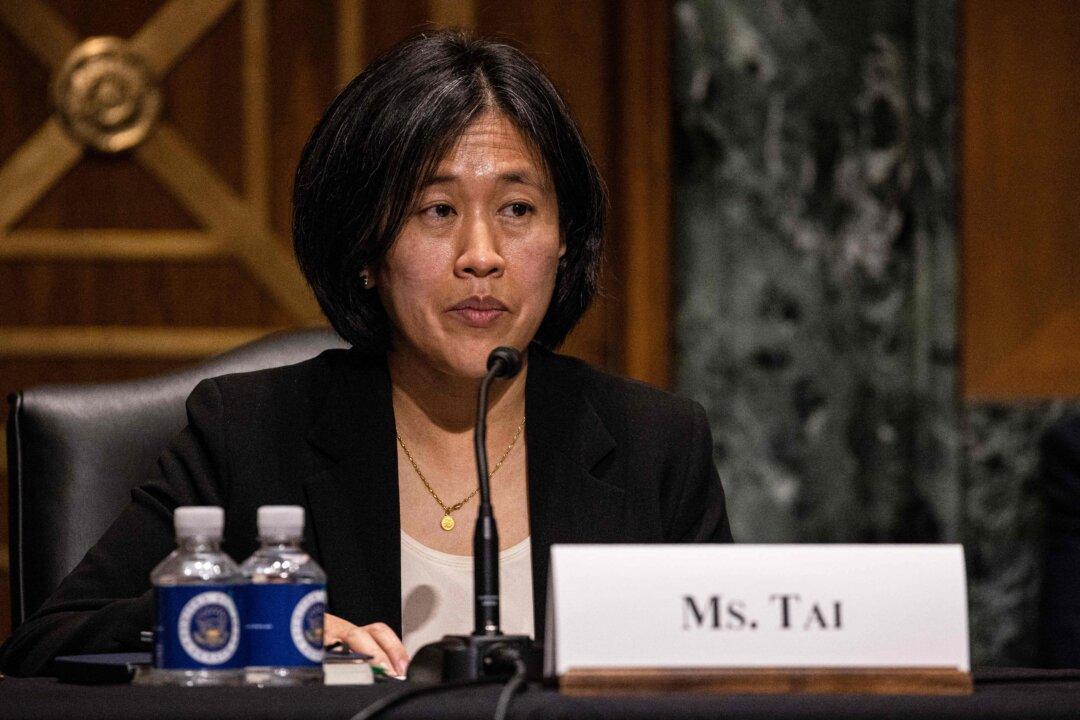A number of Republican senators are urging President Joe Biden’s administration to reverse its “disastrous” decision to give U.S. COVID-19 medical technology and intellectual property to China under a controversial “Trips waiver.”
The Trade-Related Intellectual Property Rights (TRIPs) waiver was first proposed by India and South Africa, and would suspend intellectual property protections for products and technologies needed for the fight against COVID-19, including vaccines, for the duration of the pandemic.




